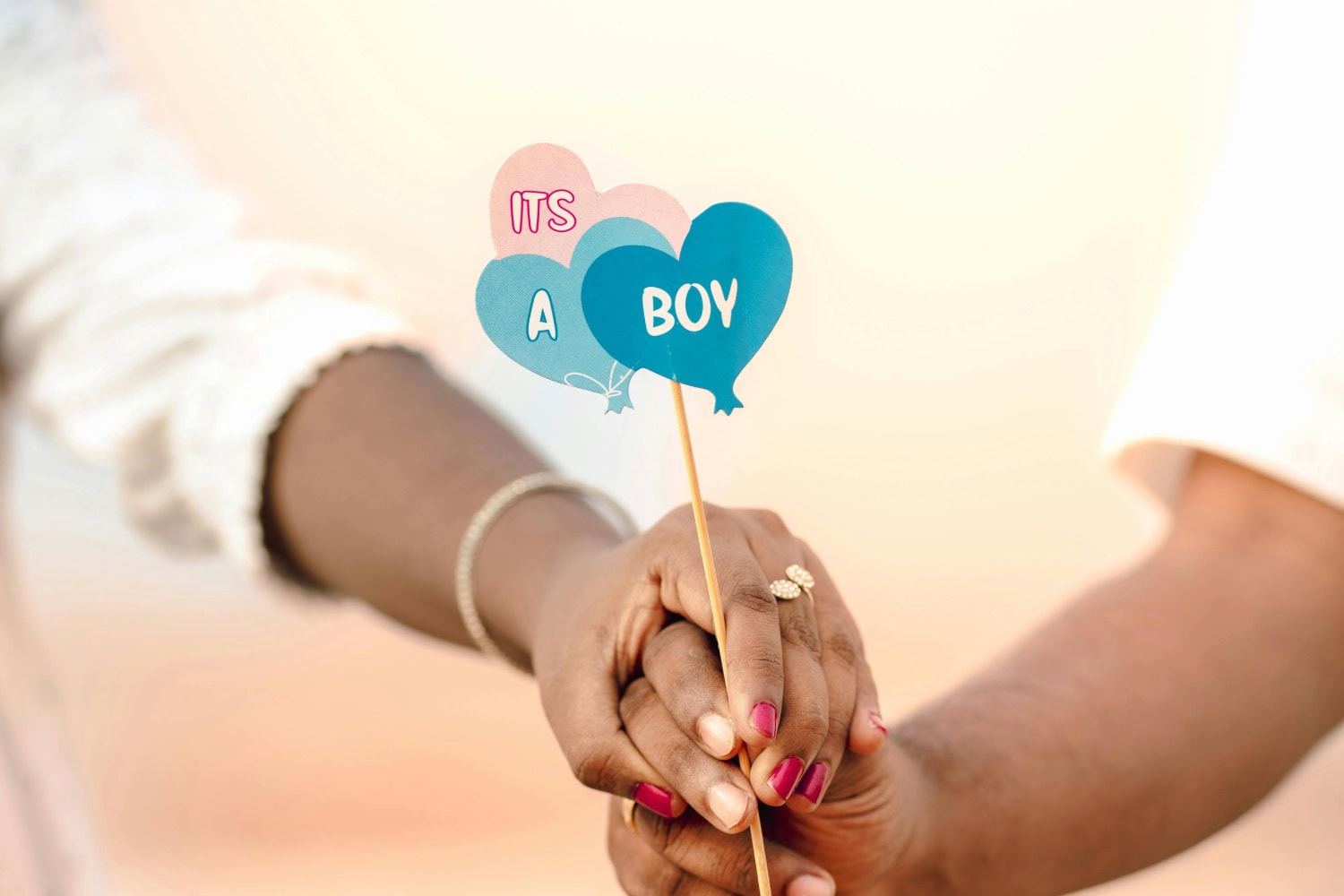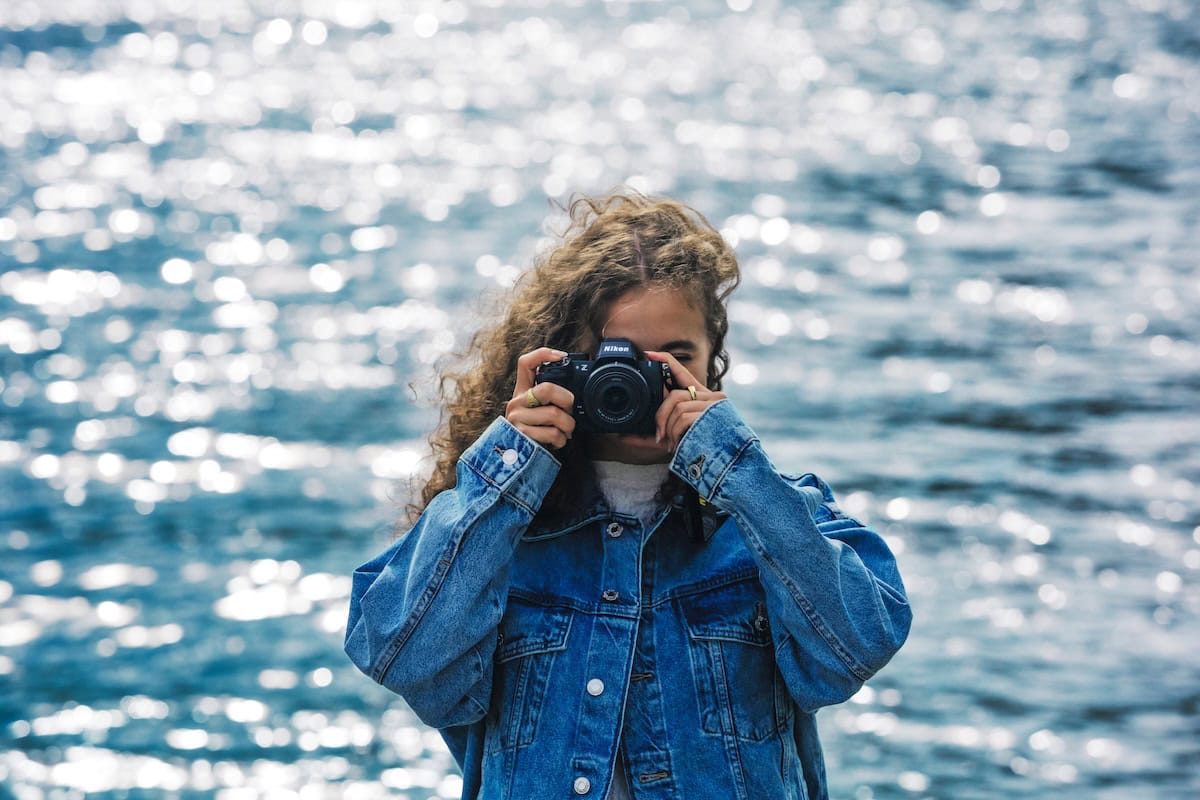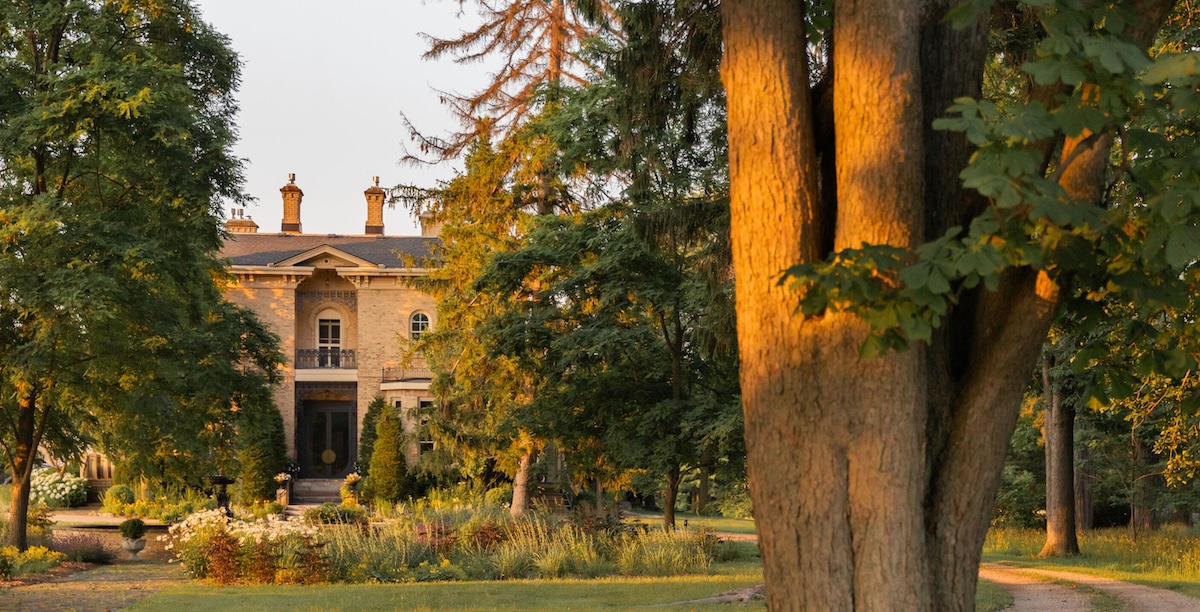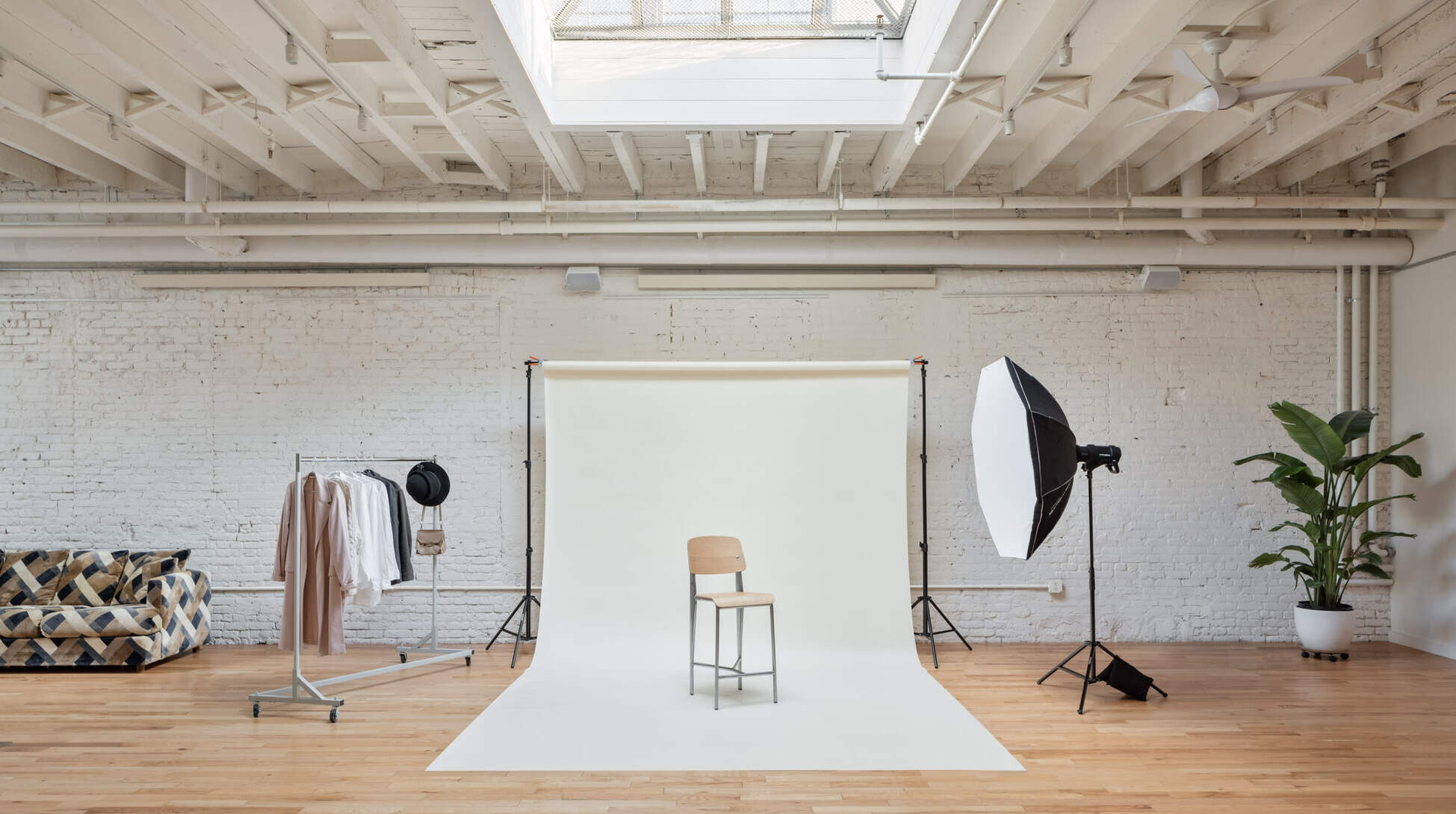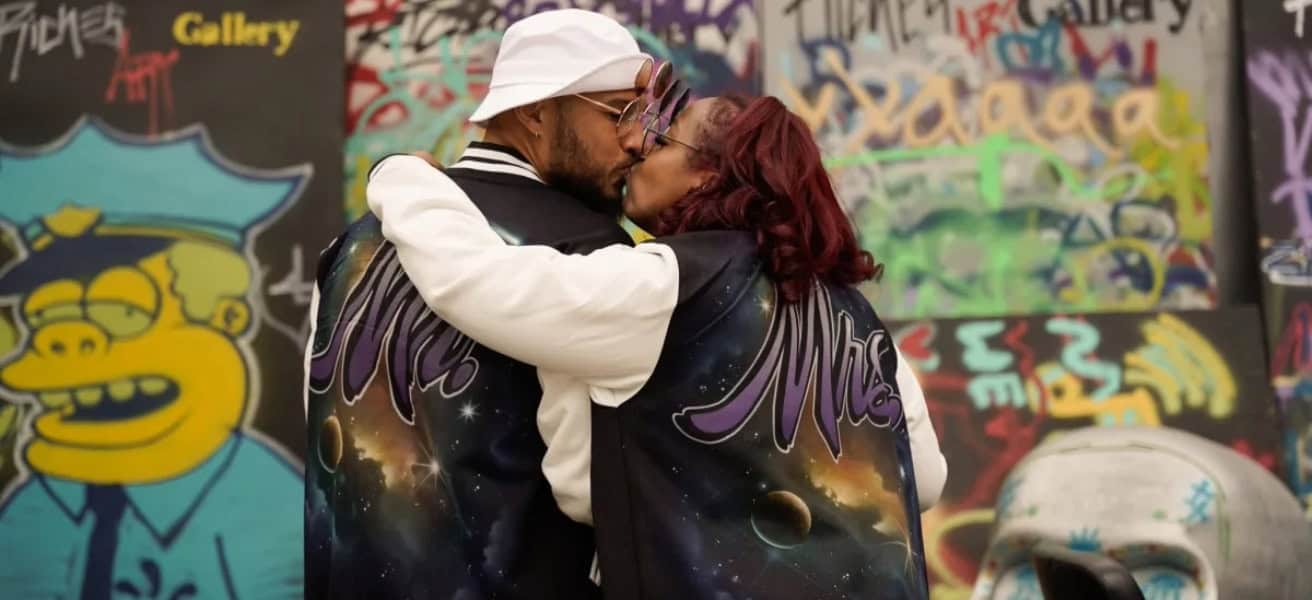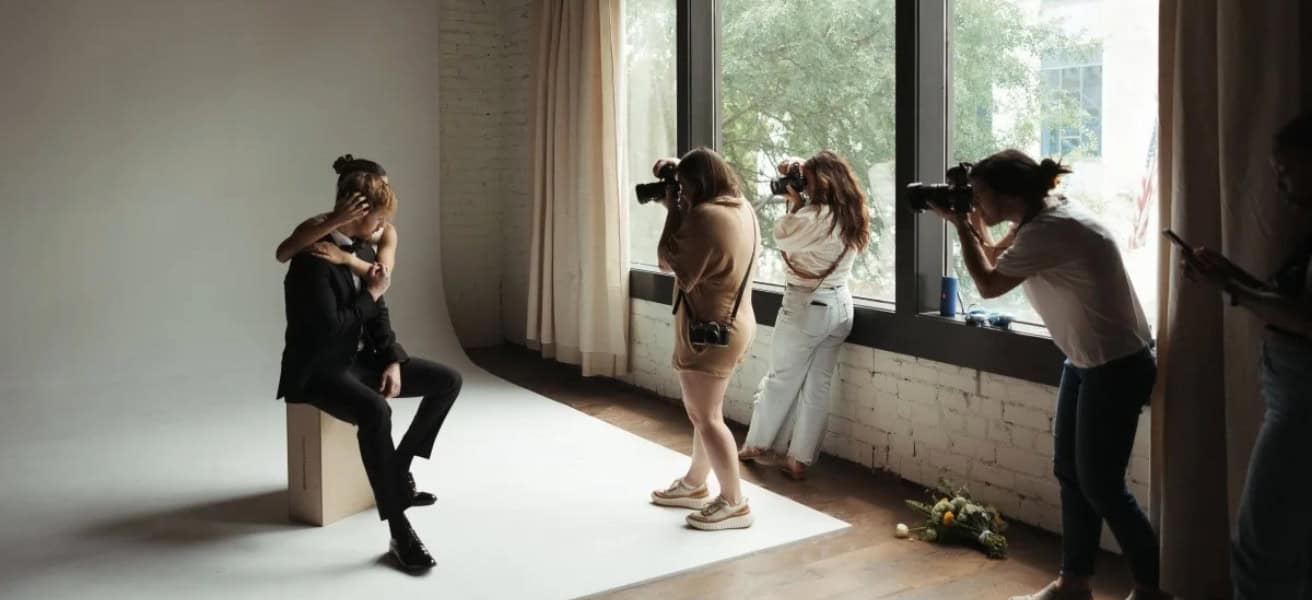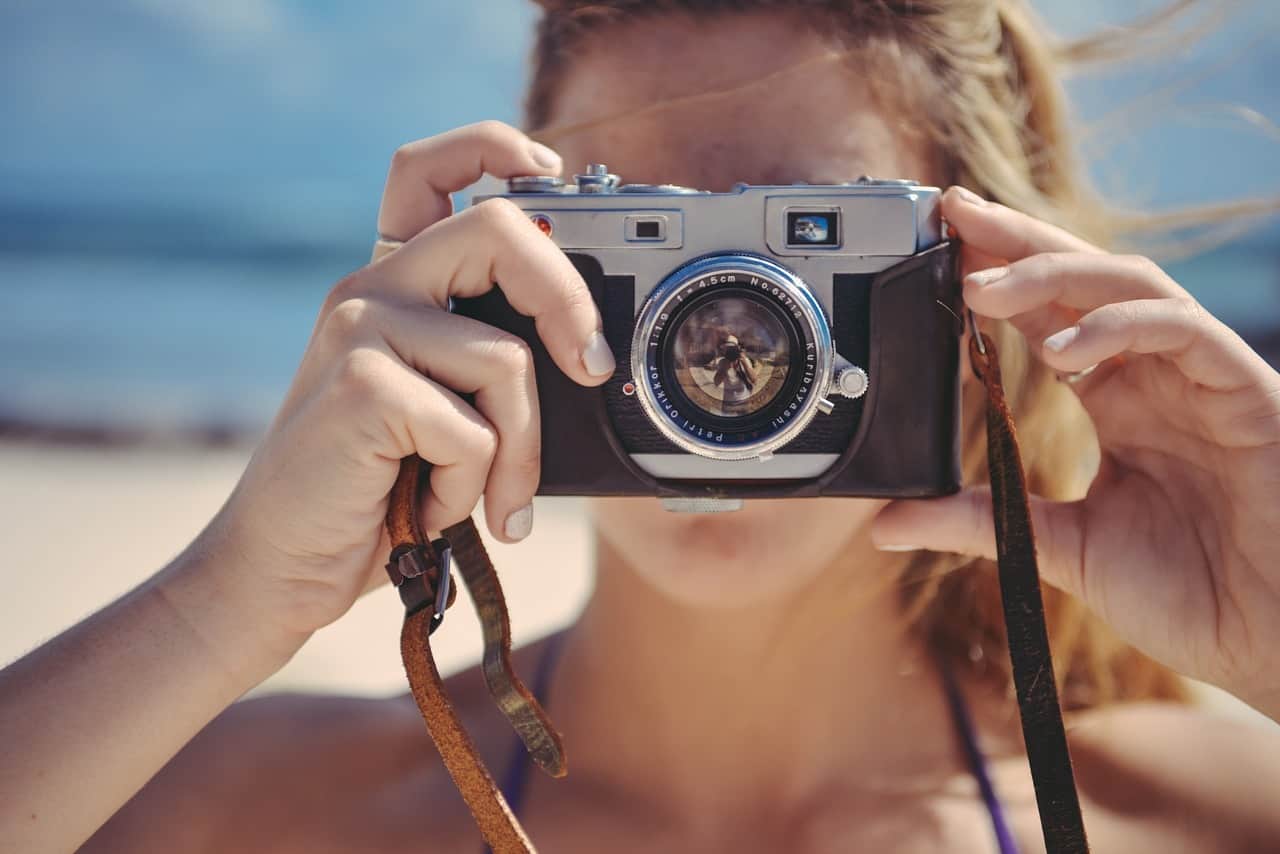
Source: Pixabay
Most of us have a pretty good idea of how copyright works when it comes to books: Don’t plagiarism someone else’s writing. Cite your sources and attribute quotes. Once a book has been around for 95 years or more, it’s released into the public domain.
However, photography copyright is a little harder to understand. You can’t “quote” a photo, but it can be shared endlessly on social media. Who owns the right to it — the subject or the photographer? How do you ensure that other people don’t profit from you work?
In this article, we’ll look at everything you need to know to understand photography copyright basics, from fair use to creative commons and more.
What is photography copyright?
Just what are we talking eIn short, any photographic image is protected by U.S. copyright law from the moment the work is created. Whether you press a button on your camera or your smartphone, you own that photograph for the rest of your life, and another 25 years beyond that. That means that you, and only you, are entitled to:
- Reproduce your work
- Sell, rent, or lease copies of your work
- Display your work to the public
- Creative derivative works
This applies whether you make physical prints of your photography, post your images to Instagram, or publish them in a book or on your blog. You don’t need to formally register the image or attach a © symbol to your work for it to be covered by copyright.
However, if you think there’s a likelihood of your work being infringed upon, registering with the U.S. Copyright Office can make it easier to file suit if the need arises, and you’ll be eligible for statutory damages and attorney fees. Registering a photograph with the U.S. Copyright Office costs $35 and can generally be done online.
Defending your copyright
Some cases of copyright infringement are truly innocent. In the age of social media, it’s easy to repost something without realizing it’s someone else’s intellectual property. If you find your photograph on someone’s blog or website, start off by simply emailing them to politely ask them to take it down or properly attribute it.
If you suspect that it is an intentional infringement, or they aren’t willing to honor your request, you can send a DMCA Takedown notice to the hosting provider. This means that the company that hosts the website is responsible for removing the infringing material under the Digital Millennium Copyright Act.
If it’s a social media platform, such as Facebook and YouTube, they may already have a system in place for reporting a claim.
If that still doesn’t work, or if the offender is selling and profiting off of your material, it may be time to hire an attorney and send a Cease and Desist letter.
To deter infringement from happening in the first place, you can watermark your photos with a copyright notice (© 2016 Your Name) to make it clear that you own the work and to prevent anyone from being able to claim they infringed it unknowingly.
What is fair use?
In some cases, the person using your photograph may be able to claim an exception to copyright under the fair use doctrine. Typically, this applies to limited non-commercial uses such as reviewing a piece of art or creating a parody of it. It may also apply to scholarly research and educational uses.
Now, it makes sense to excerpt a few sentences from a book when you review it, or even to post a few stills of a movie. But how do you use just part of a photograph? What sort of “fair uses” are acceptable in photography and which are not?
In general, you’d have to consider the person’s intent. A screenshot of your photograph that appears on someone’s blog may be infringement if it’s simply used to attract people to their article. But it may be fair use if the image is accompanied by a detailed critique and analysis of your photo.
A person selling T-shirts or coffee cups with your photograph on it is clearly violating your copyright. But a person who uses your image in a YouTube video to teach people how to take a good photograph may be able to justify it on fair use grounds.
If it doubt, reach out to them directly and ask. You may be able to license your photo to someone who was mistakenly using it without your permission.
How to license your photos
We’ve talked a lot about what to do if your copyright is violated, but how about finding ways to properly sell or license your photos?
Work for hire
If you’ve been hired to photograph a wedding or a corporate event, you may assume that your client will automatically own the rights to the photos. However, that isn’t the case: the photographer owns the copyright unless it’s legally transferred in writing.
This means your contract should clearly stipulate what can or can’t be done with the photos. You may choose to sell the copyright — so that the client can do whatever they want with the photos — or license them for a specific purpose or timeframe.
Stock photos
Another option is to license them through a stock photo agency. Although agencies like Getty Images have been around for decades, microstock platforms such as Shutterstock make it easier for photographers to license their images online.
Often, these sites offer royalty free licenses, meaning the buyer only has to pay once for a particular set of rights. For example, WeMark charges customers $0.95 for each photo download and passes on 85-100% of royalties to the photographer.
Creative Commons
If you’re more interested in getting your work out there than in getting paid for it, you can consider a Creative Commons license. This allows anyone to use your photograph for free, provided they adhere to the restrictions on the license.
A standard Creative Commons license lets someone use the photo for non-commercial purposes so long as they properly credit you. If you don’t mind your photos being used on a blog or website, then a Creative Commons might work for you. You can decide whether or not you want to allow derivatives of your images.
These are just a few of the ways you can license your photography and protect your rights as a content creator. Of course, there are a lot of complexities to photography copyright law, so make sure to do your own due diligence to ensure you’re protected.
Find unique production spaces on Peerspace
Get together somewhere better
Book thousands of unique spaces directly from local hosts.
Explore SpacesShare your space and start earning
Join thousands of hosts renting their space for meetings, events, and photo shoots.
List Your Space

